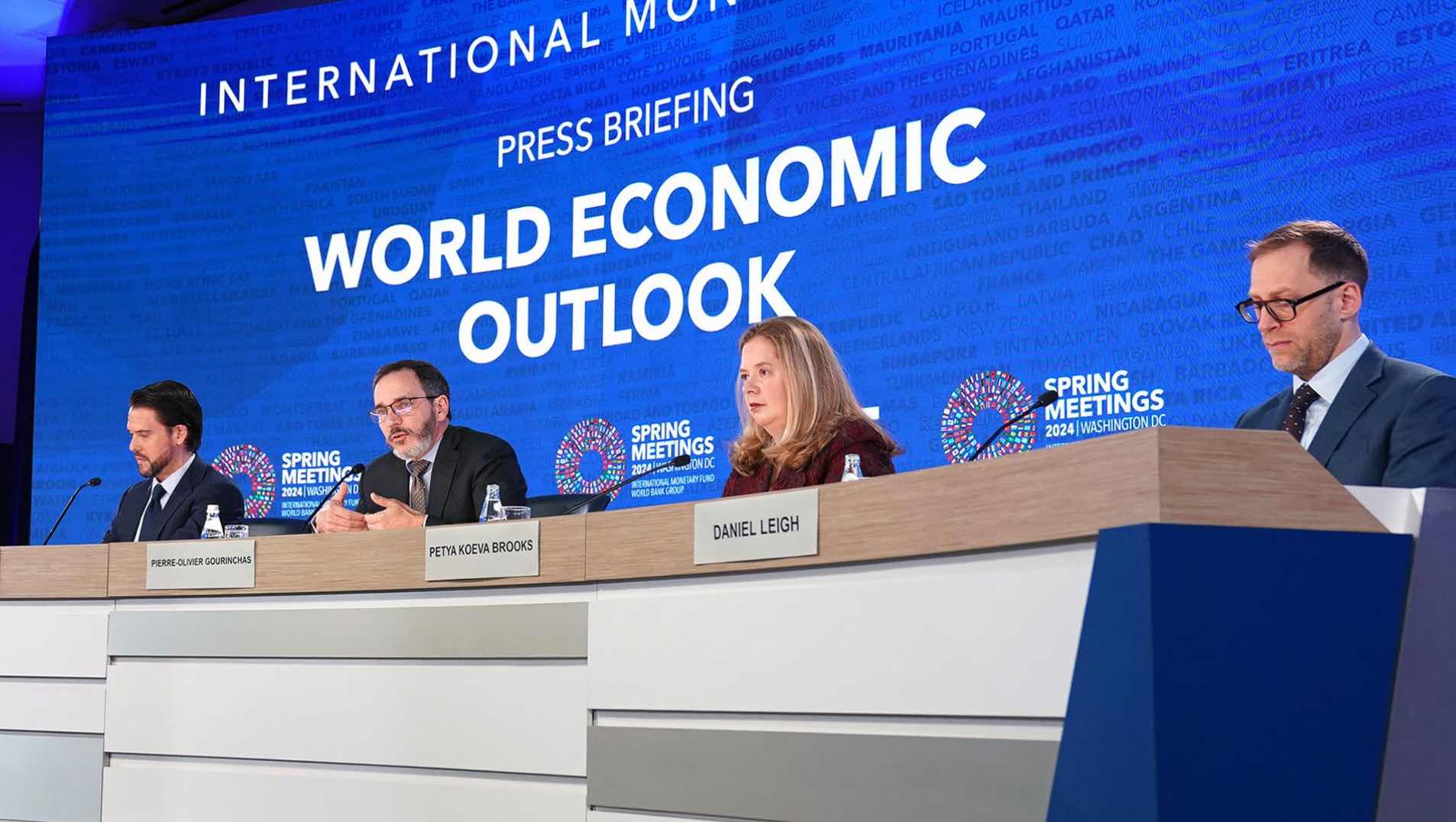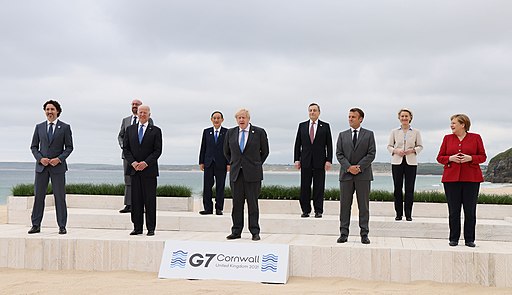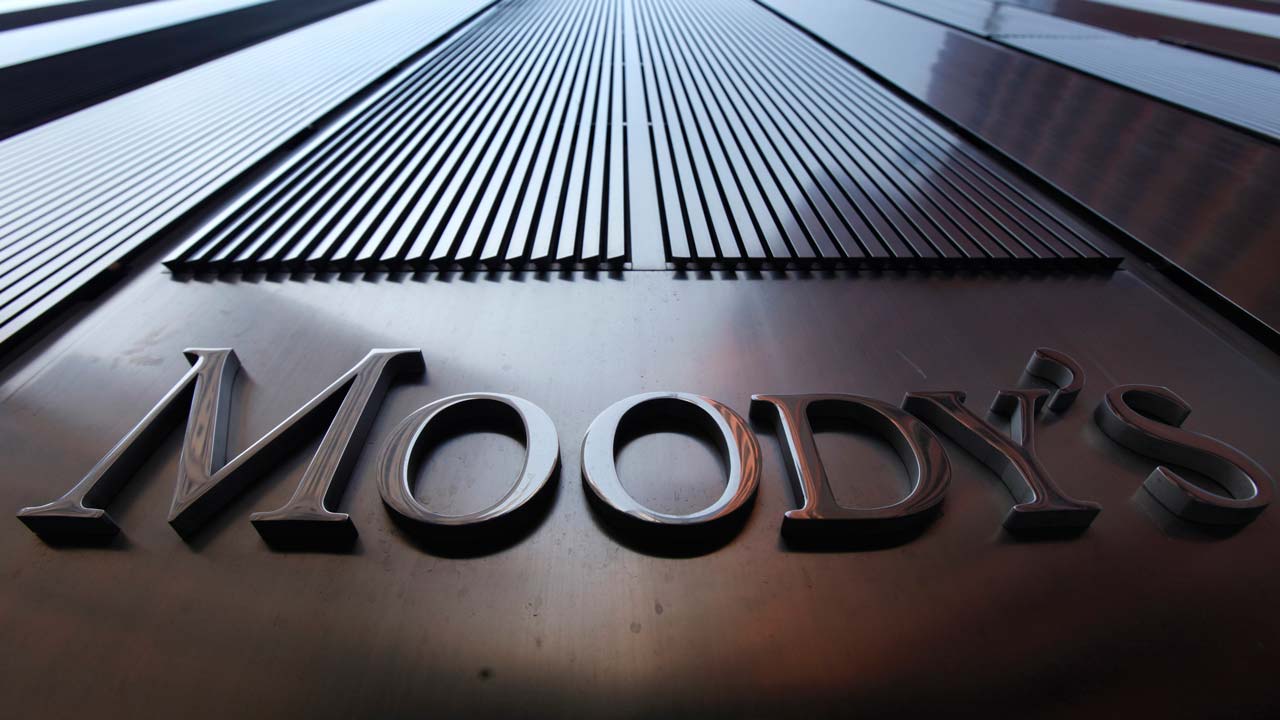Main Menu
- Top News
-
IMF Forecasts Strong Growth for Russian Economy
April 18, 2024 -
G7 Finance Chiefs Reaffirm Concerns on Forex Stability
April 18, 2024 -
IMF Forecasts Continued Global Economic Growth
April 18, 2024 -
RBS to Close 18 Branches Across Scotland
April 18, 2024 -
BoC Governor Positive About Economy
April 17, 2024
- Regions
- Banking
-
TD Bank appoints new US exec
April 17, 2024 -
Barclays Issues Warning Amid Surge in Investment Scams
April 17, 2024 -
Proposed Capital Requirements Pose Challenges for UBS Growth
April 16, 2024 -
China’s Central Bank Maintains Key Policy Rate
April 15, 2024 -
Goldman Sachs Shares Surge Over 4% on Strong Q1 Earnings
April 15, 2024
- Investment
-
Morgan Stanley to cut investment banking workforce
April 17, 2024 -
Microsoft Invests $1.5bn in Abu Dhabi’s G42
April 17, 2024 -
UK Fintech Sector Regains Top Spot in Startup Funding
April 17, 2024 -
Tesla Stock Plummets 6% Amid Slowing EV Market
April 8, 2024 -
BlackBerry Unveils Further Cost-cutting Strategies
April 4, 2024
- Infrastructure
-
Oil prices fall amid economic headwinds
April 17, 2024 -
Canada Launches $6bn Housing Infrastructure Fund
April 4, 2024 -
Citi Report details Energy Sector’s Lack of Climate Transition Plans
April 2, 2024 -
AWS Announces Plans for New Infrastructure Region in Mexico
February 28, 2024 -
Microsoft to Expand AI and Cloud Infrastructure in Spain
February 20, 2024
- Tech
-
TokenEx seals merger with IXOPAY
April 17, 2024 -
Microsoft Invests $1.5bn in Abu Dhabi’s G42
April 17, 2024 -
Barclays Issues Warning Amid Surge in Investment Scams
April 17, 2024 -
UK Fintech Sector Urges Policy Reform to Sustain Global Leadership
April 17, 2024 -
Moody’s Highlights Mass Registrations of Shell Companies
April 17, 2024
- Featured
-
Telepin: Empowering the Unbanked Through Innovation
March 29, 2024 -
Libertex: Once a Leader, Always a Leader
March 28, 2024 -
MaxFinance: Credit Intermediation Specialists
March 28, 2024 -
Pioneering sustainable horizons: Atlas Renewable Energy’s journey
March 28, 2024 -
Banco Promerica: delivering an outstanding customer experience
March 28, 2024
- Videos
- Subscribe
- Magazine
- Awards
-




























